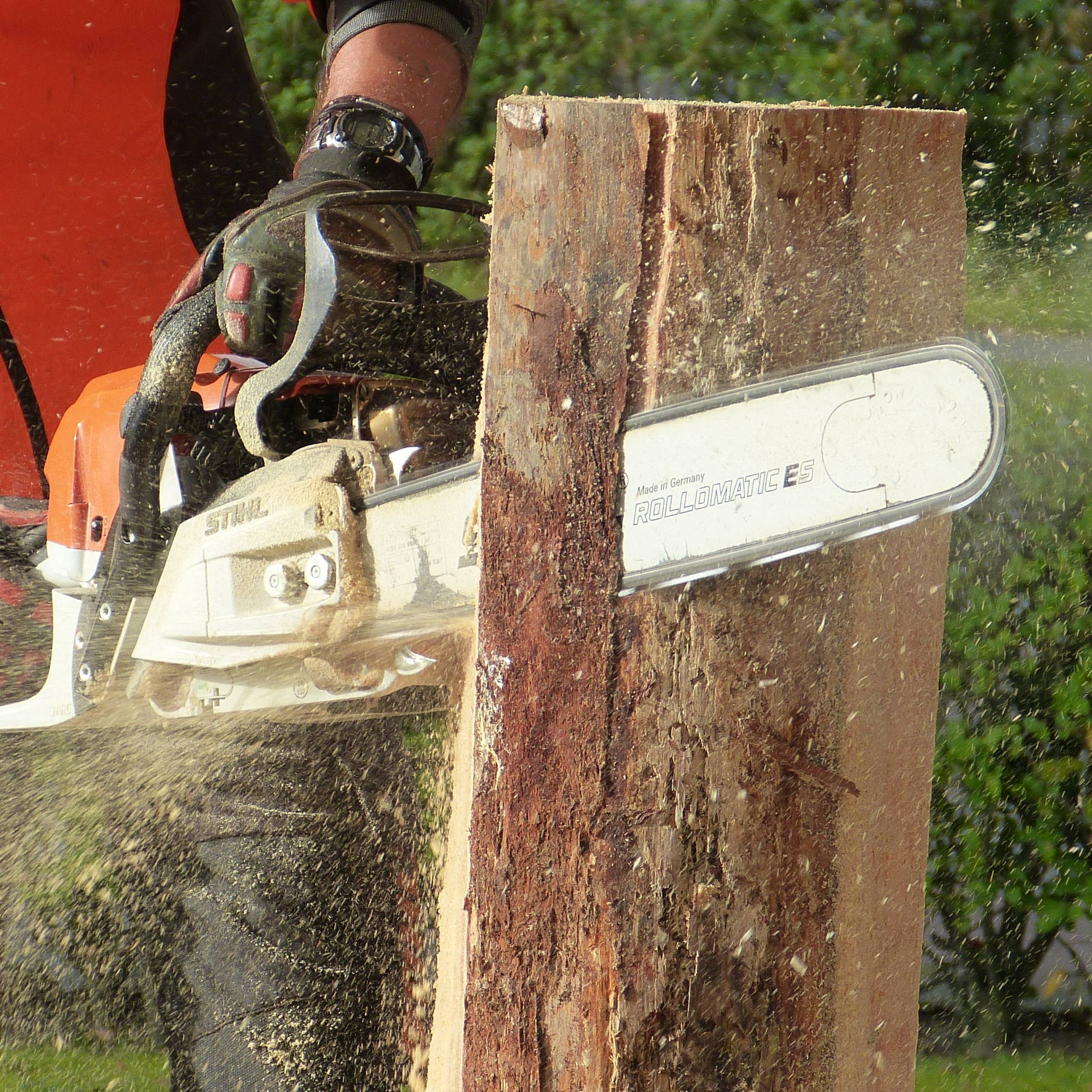Tips On How To Make The Most Out Of Your Landscape
The outside area around your home can be just as important to your mental and social health as the inside. You see your yard every time you look at the window or exit and enter your home. It is also something viewed by neighbors and visitors. Read on for tips, tricks and techniques that you can use for both better and easier landscaping.
Use a drip style system for watering your plants. They are simple to install and continuously give your plants water. You also save money on water as it's all being used by the plants, none will run off or be evaporated by the sun.
Are you thinking about putting your home up for sale? Landscaping can provide you with great returns on your home. The front lawn is obviously more important for curb appeal, but a nice backyard can really drive up your home's value, too.
Prior to purchasing the materials you need for your landscaping adventure, have your designs planned out. This could mean putting whatever you want to build, or plant on paper. By doing this, you will know exactly what you need when you go to the store to purchase all of these materials.
When you plan landscaping modifications, think about existing structures nearby before breaking ground. Make sure to locate underground cables, water lines, and septic drainfields before you begin in order to avoid running into them later. Before you get out the shovel, contact the local utilities to determine where the underground lines are located.
If you live in a part of the country that is at risk for wildfires, choose landscaping projects accordingly. For example, trees should be planted at least 100 feet apart. Additionally, large trees should not be planted less than 100 feet from your house or other building structure (garden, shed, workshop, etc.).
Create a landscape that offers year-round interest. It is a good idea to choose plants that have different blooming times, along with evergreens, so that there is always something blooming or green in your yard, even in winter months. The most important part of having a landscape that is good throughout the year is doing research.
Start buying your materials in phases. Few people can afford to buy everything for their projects all at once. By dividing projects into multiple phases, you can pay for what you need as you go. This may save you money, help you keep track of your progress, and let you adjust plans prior to your next phase.
Don't assume that you must complete your entire landscaping project at one time. Dividing your project into several steps that can be completed over a number of years will not only make your project more manageable, but will also save you the money you would have paid in interest if you took out a loan to complete the project in one go.
Utilize different forms and textures in your landscaping plan. This is a great way to diversify your landscaping by using distinctive branching patterns and foliage. From trees to bushes, or perennials to annuals, using a variety of different forms and textures in the plants you choose will add interest and uniqueness to your landscaping design.
Water features incorporated into a landscape project will evoke a sense of tranquility. Most people think of ponds when it comes to watering features. However, one should not overlook birdbaths and water fountains when planning water features. These can be inexpensively and easily placed into a landscape area without any digging.
Before you pick out the plant species to use in any particular flower bed, take the time to determine its sun exposure. How much or how little shade a bed gets makes a big difference in what plants will do best in it. Facing is also important. A spot on the west side of your house will get very different exposure to the sun than one on the east side.
When you are purchasing flowers look for perennials rated for your zone. Annuals are great for quickly creating a colorful flowerbed, but they will need to be planted again the following year. Perennials come back year after year and cut down on the work and expense of maintaining a beautiful flower garden.
Keep color in mind when planning out your landscape design. Most lawns, and gardens look plain when everything is green. On the other hand, you may not want anything too bright. Try to find a happy medium, by adding in neutral colors, like white, and primary colors, like blue or red.
As was mentioned earlier in the article, your landscaping and yard environment can either, welcome or deter neighbors and friends who visit. A relaxing yard around your home can also help you de-stress when you come home from the busy world. Now that you know some ideas you were previously unaware of, easily creating and maintaining a warm, welcoming outdoor environment, should be a breeze.

